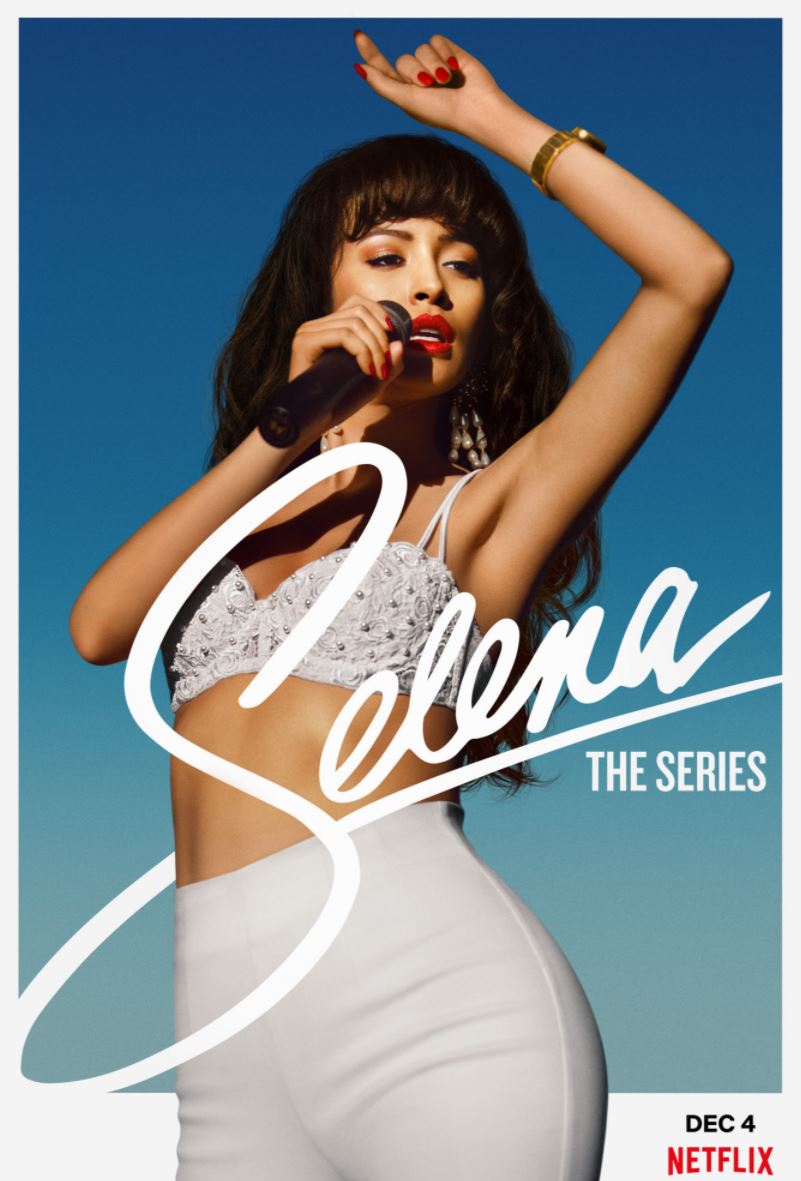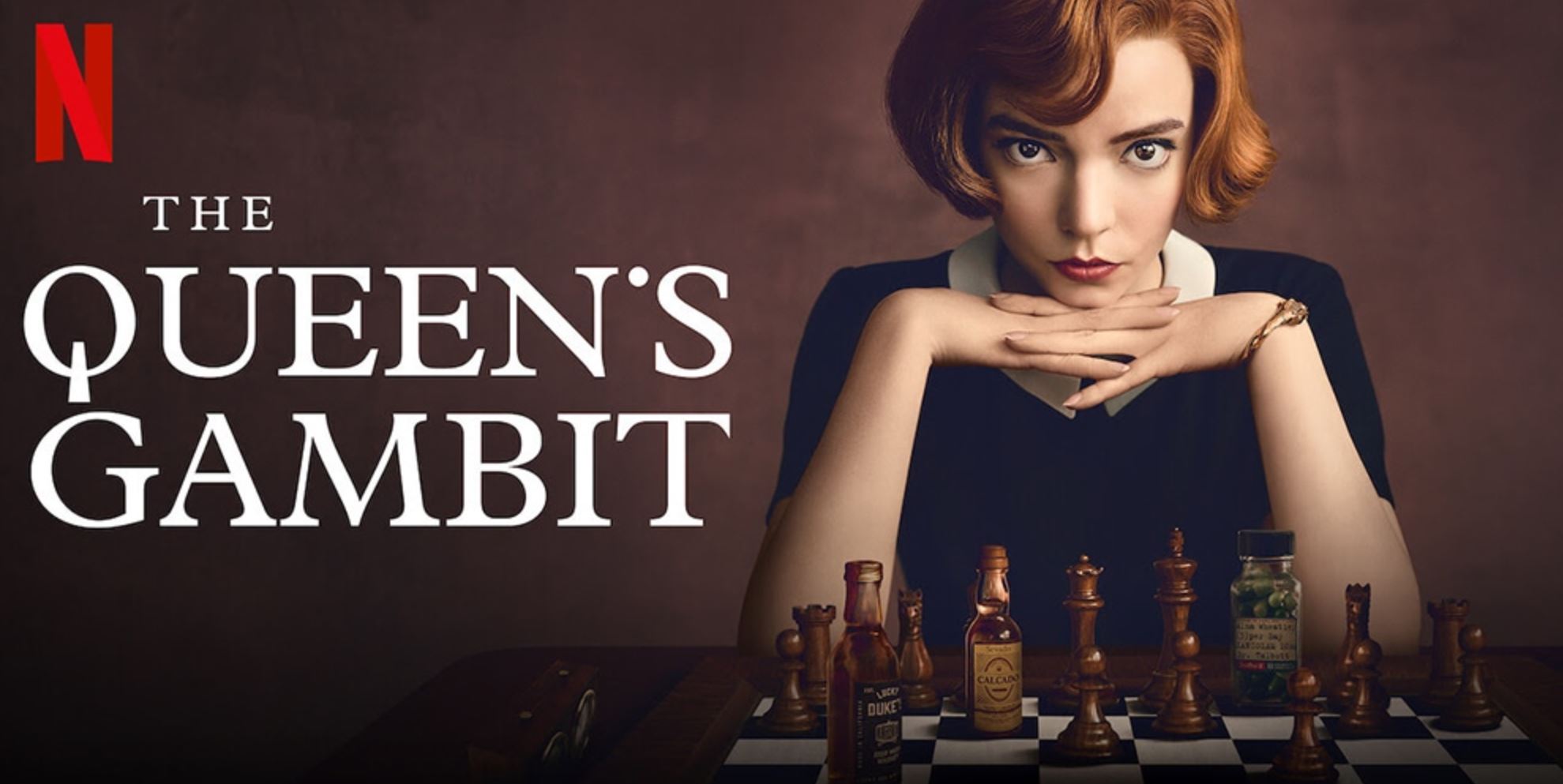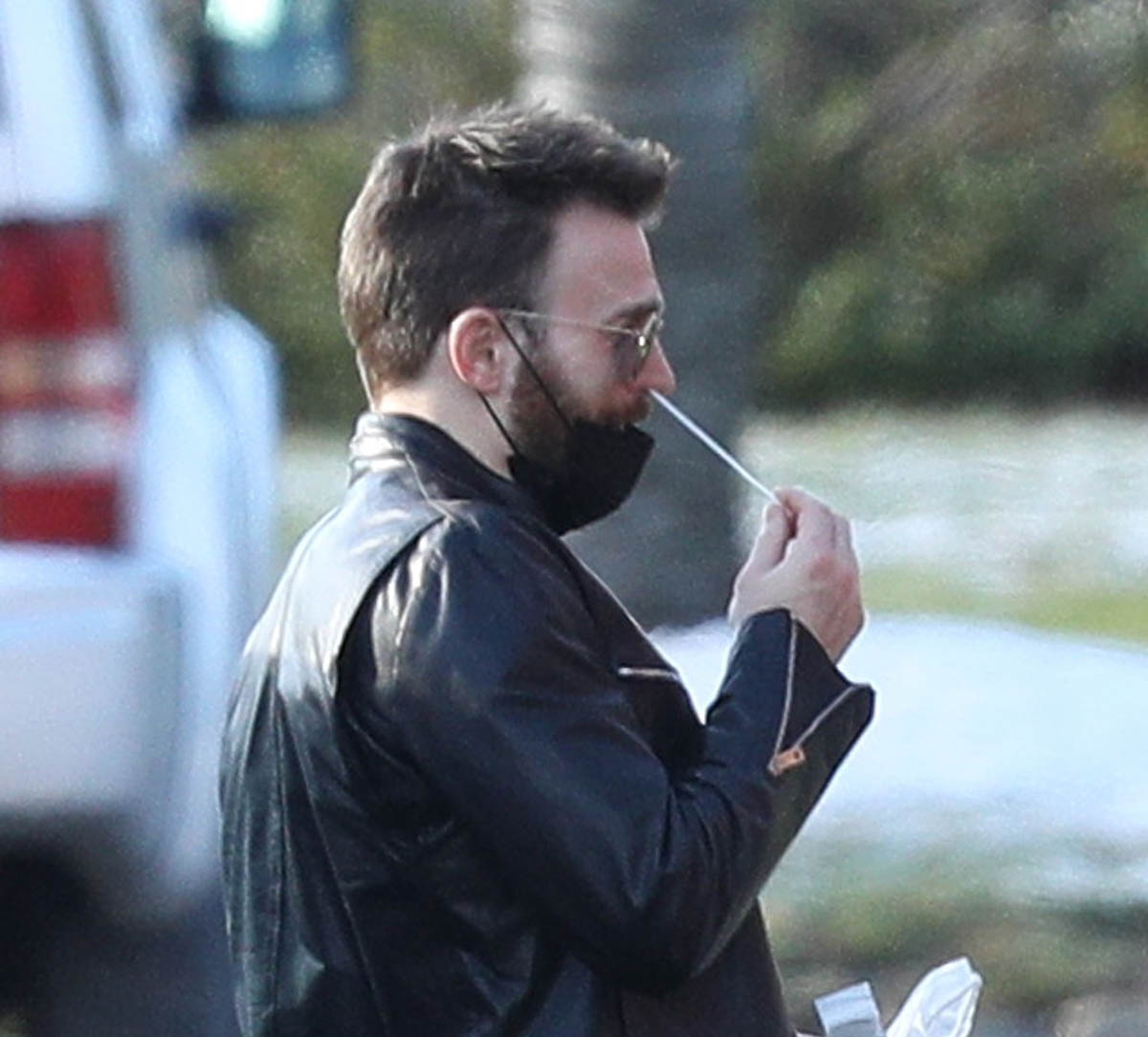The Best Part of Selena: The Series Happened on Our Phones



It was the conversation.
In getting ready to watch and review Selena: The Series, I tried to stay away from other reviews and social media posts that would affect my take on the show. I didn’t want to be influenced. Hell, I didn’t even re-watch the Selena movie because I feared JLo’s performance would make me compare the two...but I guess the memory of the movie was too strong for me to avoid that. So as soon as I could get through the series (I struggled, y’all!), I stayed up writing my take and finally allowed myself to see some of the chatter online. And it. Was. Brutal. Hilarious. And kind of beautiful.
Selena fans do not like the series. And for many good reasons. Some couldn’t get through a Selena narrative told through a hyper-patriarchal lens and stopped after a couple of episodes. Some of us hate-watched (some of us, because we had promised Lainey to finish and write about it, LOL). But the beauty of Selena: The Series was the conversations we ended up having with each other, the talent Latinx people showcased through their writing and their social media as we processed our disappointment, and our collective hunger for Latinx stories (plural and multi-faceted). That's what really stayed with me after the hate-watch.
There are so many Selena scholars. There are those like me, organic Selena “experts” who grew up in Texas or elsewhere in the United States and felt such a strong connection to this charismatic and talented woman. And then there are writers like Alex Zaragoza, senior staff writer covering culture for Vice, who called out the exploitation of Selena, provided us the Hollywood context and challenged us to think about the narratives this industry is comfortable telling and that we are comfortable consuming.
On Instagram and Twitter, there is Mala Muñoz, writer, podcaster and self-proclaimed “bitch-poster,” who performed a hilarious and accurate takedown of the series while looking, acting, and dancing more like Selena than the actress who portrayed her on Netflix.
On Twitter, you can find an amazing thread by an actual Selena scholar, María Elena Garcia, who in an amazing thread, breaks down why fans felt “betrayed by the series” and will host the upcoming podcast Anything for Selena.
My full time job for 2020 has been examining Selena’s life & legacy. I’m also a lifelong fan. I’ve read everything. Seen all the archives. Spent time w her dad & sister. I'm going to unpack why so many ppl feel betrayed by #SelenaNetflix #selenatheseries and why it matters
— Maria Elena Garcia (@NopalitaMami) December 6, 2020
Selena: The Series exposed me to these talents. And I am excited to keep reading, watching, and listening to what they have to say beyond Selena Quintanilla.
So, personally, Selena: The Series gave me an amazing gift. A shorthand. A reason to connect and reconnect with colleagues, friends, and family (on both sides of the border) at a time when I sometimes feel so disconnected. An amilega (portmanteau of amiga + colega) threw me a Selena Watch party last Friday on Zoom that began with everyone sharing their Selena memories and ended with a discussion where we expressed how disappointed we were by the first episode and where we shared our hunger for more Latinx narratives. It was so nice to be on Zoom for something other than work, which can be exhausting, but I know is still an extremely privileged position during the pandemic. I loved so much the community we were fostering with this talk, witnessing and listening to the brilliance of my colleagues, like my sociologist friend, who said the series gave us a “gentrified Selena.” I loved the talks before and after the episode, the WhatsApp thread that lit up as we were reacting to the dancing, the costuming, the dialogue, the narrative that was a watered down version of the Selena we love. The excitement was on our phones. Where the real party was. Where we were honoring Selena and telling our own stories.
While my family knows what I do (I am a college professor), and what I’ve done to get here (that I went to school for so many years y que soy una doctora), writing about Selena showed them a glimpse of myself as a person, teacher, and writer. None of them might be reading my dissertation (not many people did), but they are reading this. A text about an artist we all knew and that we admired in our own ways. A text that gave way for us to talk and analyze and argue and laugh. The fact that my mom sent me this text after my review was up, was everything.

(translation: Hi! I read your report let’s talk tonight.)
And by the way, Lainey, she’s already giving me story pitches. (Lainey: I’ll take them!)
There are those who are celebrating Selena: The Series for something else. The series was and still is #1 on Netflix in the U.S, and it was released in over 190 countries. According to its showrunner, Moisés Zamora, it was written by an all-Latinx writer’s room that was “majority women, and over a third queer-identifying.” The cast, crew, and producers were majority Latinx. And yes, I can see the cause for celebration. But it took the story of a well-known icon to make it happen. The story has got to be about Selena or Frida Kahlo to get any bit of our stories to be told. And when they’re told, even by a majority Latinx effort, they often provide us with sanitized and flattened narratives and characters that do not reflect the complexity of us. Maybe it’s because this is fresh in mind since I re-watched this TED Talk with my students, but it’s time to allude to Chimamanda Ngozi Adichie’s “The Danger of a Single Story.” The problem isn’t that this story exists, the problem is that this is the only one we are getting. My hope is that if Netflix or anyone else with the power to make stories happen actually paid attention to the Selena conversation, that they will give a great number of Latinx people the chance to write and tell and make our own stories.
For more brilliance and fun online, please listen to the 1A episode called “Fotos y Recuerdos: The Legacy of Selena,” hosted by Jenn White. Her guests are Alex Zaragoza, María Elena Garcia, and Ramón Hernández, who is the Founder and Curator of the Hispanic Entertainment Archives and former publicist for Selena. And check out this article from The Cut, that our site manager Emily sent me, that showcases that “Selena [Was] Still Alive on Tik Tok” even before the series premiered.

